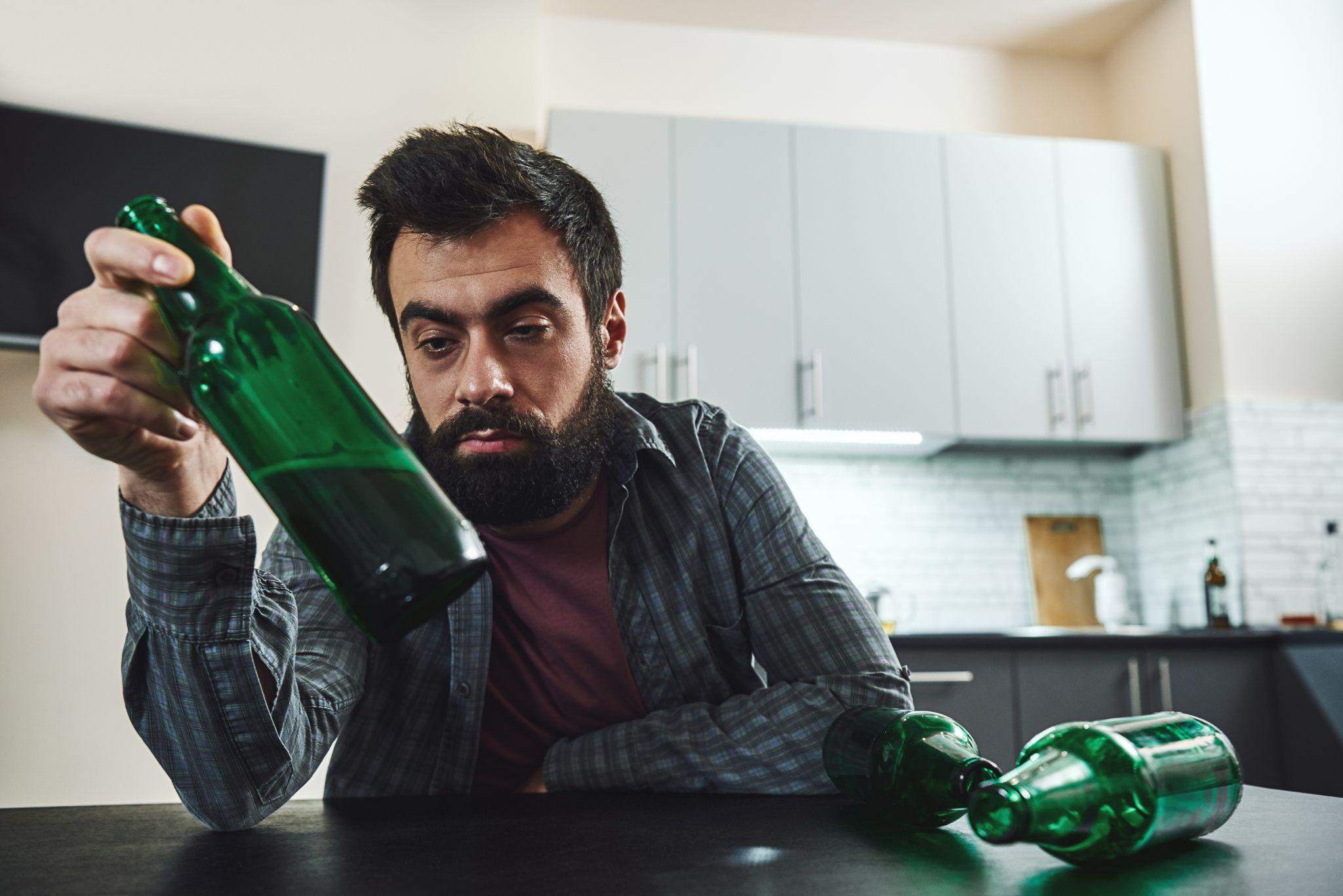The most overlooked byproducts of alcohol dependence and abuse are unhealthy relationships. Whether it’s toxicity or codependence, these relationships often involve one partner relying too heavily on the other for emotional support.
Codependency is a learned behavior that can be passed down from one generation to another. Unfortunately, alcohol abuse can both cause and be contributed to by these unhealthy behaviors.
The Role of Alcohol in Codependent Relationships
Alcohol can play a powerful role in codependent relationships in a variety of ways:
- Emotional Numbing and Conflict Avoidance – Alcohol can numb the difficult emotions and stress an individual struggling with codependency feels in their relationship.
- Reinforcement of Unhealthy Behavior Patterns – In alcohol-codependent relationships, the dependent partner may rely on the other for validation and self-worth. Alcohol use can reinforce these codependent behavior patterns by providing a temporary escape from negative emotions and reinforcing the idea that the other partner is needed for emotional stability.
- Facilitating Control and Manipulation – Alcohol use disorder can result in the dependent partner using alcohol as a way to control the other’s behavior or to manipulate them into providing emotional support.
Recognizing the Signs of Codependency
Codependency, especially when it comes to simultaneous alcohol abuse, can be difficult to pick up on. Some of the most important signs to watch out for include:
- Enabling and Caretaking Behaviors – This includes making excuses for your partner’s drinking, covering up for their negative actions, or taking on more responsibilities to compensate for their lack of involvement in their daily lives.
- Loss of Personal Boundaries – Codependent partners often struggle to set and maintain personal boundaries, sacrificing their own needs and desires to please their partner. This can result in a loss of individuality and a sense of self in the relationship.
- Neglect of Self-Care and Personal Goals – This is when one partner neglects their self-care and personal goals in favor of supporting the other’s needs. This can lead to feelings of resentment and a lack of fulfillment in the relationship.
The Impact of Alcohol Abuse on Both Partners
Once a codependent partner turns to alcohol to deal with their emotions, alcohol abuse can quickly spiral into a long list of negative effects such as:
Physical and Mental Health Consequences
Alcohol abuse can have a significant impact on both partners’ physical and mental health. Long-term alcohol use can lead to liver damage, heart disease, and increased risk of depression and anxiety.
Strained Relationships with Friends and Family
Codependent relationships can often lead to strained relationships with friends and family members. Add in alcohol abuse, and this isolation is likely to become even more exacerbated.
Legal and Financial Issues
Alcohol abuse can also lead to legal and financial issues, such as DUIs, lost jobs, and financial instability. This puts even more strain on a codependent relationship, as one partner is expected to take care of all the responsibilities the other has shrugged off.
Breaking the Cycle of Codependency and Alcohol Abuse
If you or someone you love is struggling with codependency and alcohol abuse, it’s important to get them the right help.
There are a variety of treatment programs available to individuals struggling with substance abuse and mental illness, offering a range of therapeutic interventions like individual and family therapy and lessons on developing healthy coping mechanisms for the long term.
At Newport Beach Recovery Center, we also offer a variety of support groups and couples therapy to help individuals and families work through the challenges of alcohol codependency. Support groups like AA and CoDA can provide additional resources to learn how to best support their codependent partner and work through their own feelings of guilt and frustration.
As part of our treatment program, we include sessions that help people in codependent relationships set up healthy boundaries and encourage open and honest communication around substance use disorders and their effects on their lives.
Don’t wait any longer to start your journey toward a healthier, more balanced relationship free from long-term codependency—reach out to Newport Beach Recovery Center today to start your road to lifelong recovery.




